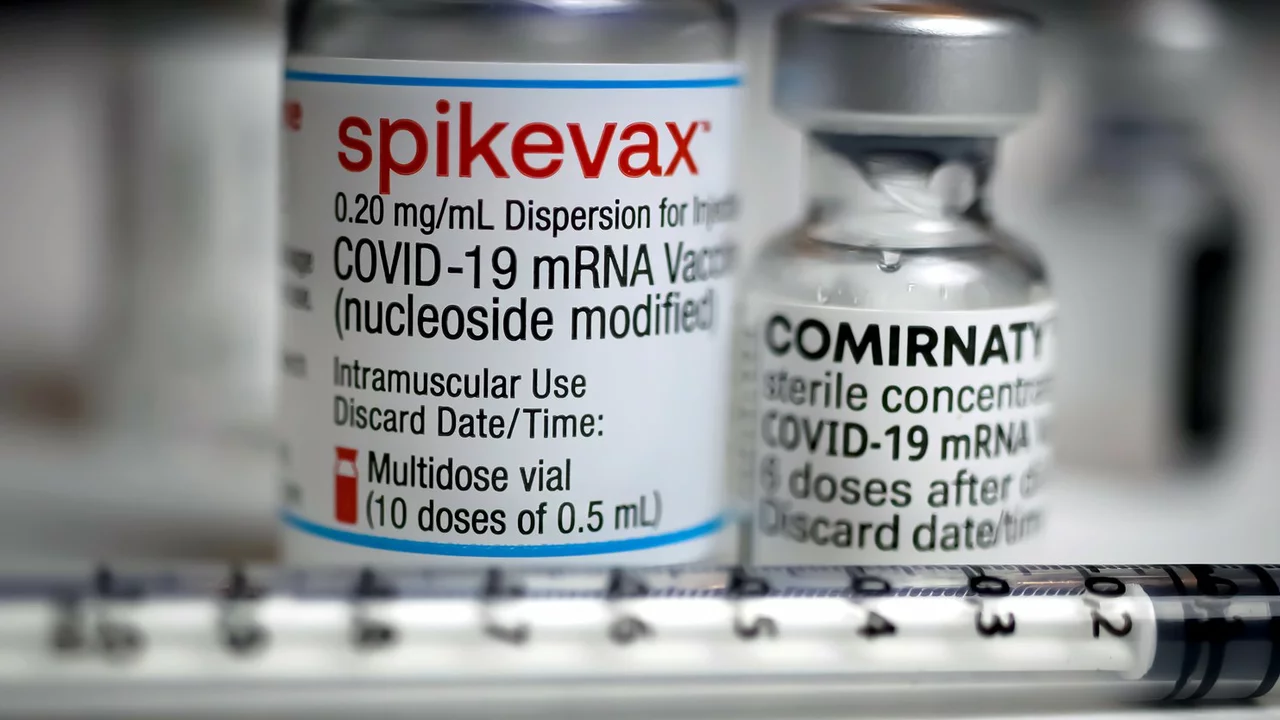Myocarditis Risk – What It Means for Your Health
If you’ve ever heard the term myocarditis risk, you probably wonder if it applies to you. Myocarditis is simply inflammation of the heart muscle. When that muscle gets inflamed, it can’t pump blood as well, which may lead to chest pain, shortness of breath, or even more serious problems.
Risk isn’t a guarantee – it just means something could increase your chances of getting myocarditis. Knowing those factors helps you keep an eye on warning signs and make smarter choices about vaccines, infections, and lifestyle.
What Raises Your Myocarditis Risk?
Several things can bump up the odds:
- Viral infections: Flu, COVID‑19, and other common viruses sometimes trigger heart inflammation. The virus attacks cells, and the immune system’s response can spill over into the heart.
- Younger males: Data shows teens and young adults—especially males—have a higher chance of myocarditis after certain mRNA COVID vaccines.
- Autoimmune conditions: If your body already attacks its own tissues, it’s more likely to target the heart muscle as well.
- Medications or supplements: Some drugs (like certain antibiotics) and even high‑dose dietary supplements have been linked to rare cases of myocarditis.
- Heavy alcohol use and drug abuse: Chronic binge drinking or stimulant abuse can damage the heart and raise inflammation risk.
The good news? Most of these triggers are avoidable or manageable. Staying up to date on regular vaccinations (aside from the specific COVID‑19 concerns) and keeping infections in check with proper hygiene go a long way.
How to Spot Early Warning Signs
Myocarditis can sneak up quietly, but there are clues you shouldn’t ignore:
- Sharp or pressure‑like chest pain that worsens when you lie down.
- Feeling unusually short of breath, even at rest.
- Rapid heartbeat or palpitations.
- Unexplained fatigue that lingers for weeks.
- Swelling in the legs, ankles, or feet.
If any of these show up after a recent infection, vaccine, or new medication, call your doctor right away. Early testing—like an ECG, blood markers, or an MRI—can catch inflammation before it harms heart function.
For most people, the risk stays low and the body recovers without long‑term damage. However, if you have a known autoimmune disease, a history of viral myocarditis, or you’re in a high‑risk age group, talk to your healthcare provider about monitoring plans.
Bottom line: knowing what raises myocarditis risk, watching for symptoms, and seeking prompt medical advice keep you ahead of potential heart trouble. Stay informed, stay healthy, and don’t let fear stop you from getting the care you need.
Azathioprine and the Risk of Myocarditis: A Comprehensive Review
In my recent exploration of medical topics, I came across a comprehensive review on Azathioprine and its potential link to myocarditis. Azathioprine, an immunosuppressive drug, has been used for years to treat various autoimmune diseases, but recent studies have raised concerns about its safety. The review outlined the connection between Azathioprine and the increased risk of myocarditis, an inflammation of the heart muscle. It discussed the symptoms, diagnosis, and treatment options for myocarditis, as well as the need for further research to determine the exact causality. As a blogger, I find it essential to stay informed and share this information with my readers so they can make educated decisions about their health.






